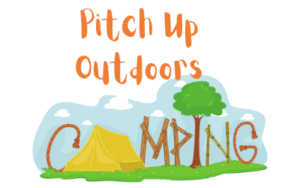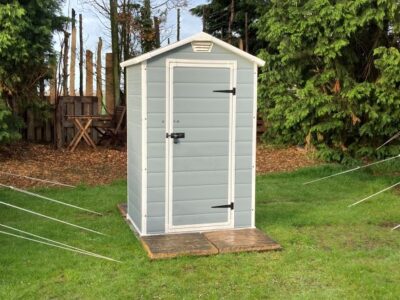This post contains affiliate links.
Going to the toilet is personal, and many people will avoid talking about it. However, it is a common problem.
I am a regular pooper when I am at home. However, when I am camping, it is a different story. My son has always had problems, and it got worse whilst we were camping.
You want to enjoy your holiday, but you feel bloated, uncomfortable and do not want to do anything after a few days. Which can have a significant impact on your trip.
I consulted a doctor who confirmed the importance of diet and advised me not to take laxatives as they make the bowel lazy. Plus, it can cause problems later in life.
Here are a few of the recommendations of changes you can make.
- Replace junk food snacks with dried or fresh citric fruit
- Keep handy some prunes
- Reduce high salt foods as it reduces water levels in body
- Avoid processed food
- Keep active
- Combine red meat with fresh vegetables
- Carry a bottle of water – especially if very active
- Combine high fibre foods with everyday foods
- Reduce caffeinated fizzy drinks
- Limit caffeinated hot drinks
- Warm drinks, try hot water with a slice of lemon
- Lower alcohol intake
I find it easy when I am at home, ensuring that we have the correct food balance. However, when we are away, it is a different story. Lots of research and testing food combinations have helped me balance my sons’ diet. Avoiding issues whilst we are home and away.
Why can I not poo whilst camping?
There are several reasons why it is difficult to go to the toilet whilst camping. The main reason is the change of diet overnight. We eat a varied diet at home; however, we eat high fat, low fibre foods when camping, affecting our natural bowel movements.
It is so easy to light the BBQ and cook everybody’s favourite meals of burgers, sausages, steaks and lots of naughty snacks during the day.
It is not just a different combination of food. Other factors can cause constipation that you would not consider.
- Stress of packing, travelling
- Different location
- Embarrassment – avoiding going to the toilet
- Lack of fluids
- More acholol consumption
All of these put together can have a very negative effect on your digestive tract.
What foods help avoid or reduce constipation?
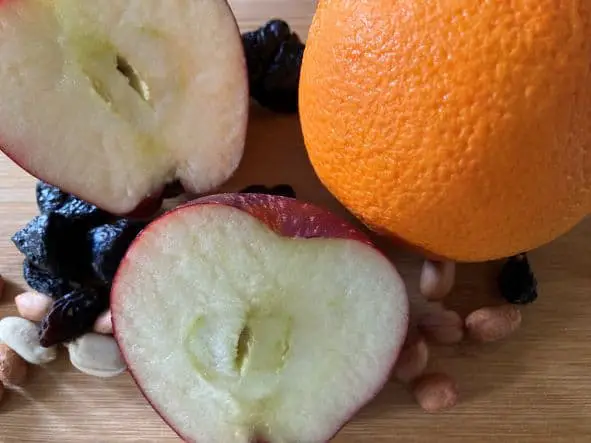
Mixing low-fibre foods and combining them with high-fibre foods will help keep active bowels. An increase in fibre increases the size of the stools, softens and makes it easier to pass.
Keep hydrated, as the lack of fluids makes stools harder and uncomfortable to pass. If you are very active, drink extra water and don’t allow yourself to become dehydrated.
Foods that can help reduce or avoid constipation.
- Wholemeal bread and cereals such as bran flake or wheatabix
- Fresh citrus fruit juice
- High-fibre nuts – Peacan, brazil, hazel nuts and almonds
- Cereal bars – protein bars
- Fresh citrus fruit
- Poultry or fish
A lot of the replacement foods are non-perishables. Reducing concerns about keeping food fresh if you have limited icebox space. Plus, having snacks of cereal bars, nuts are small items that you can carry when you are out and about.
No more worries about melted chocolate or burst crisps packets in your rucksack.
How much fibre should you eat per day?
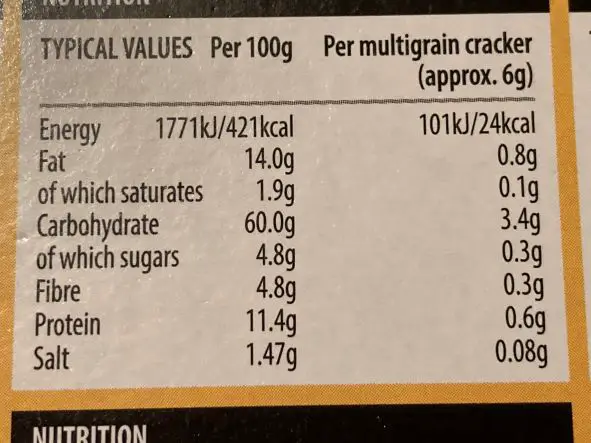
Food packages display the fibre content on the reverse. Detailing the fats, protein and the total fibre consumption per serving.
Here is a list of grams per day required per age group.
| Age group | Grams of fibre per day |
|---|---|
| 2-5 years old | 15g |
| 5 – 11 years old | 20g |
| 11 – 16 years old | 25g |
| Female adult | 21g – 25g |
| Male adult | 30g – 38g |
What foods can be replaced to avoid constipation
Over the years, I have changed our diet to incorporate the following foods. We don’t cut out all fatty low fibre foods, but combining a high fibre diet with some low fibre fatty foods helps to reduce constipation.
Try swapping some these foods
| Food that causes constipation | Replace or limit consumption |
|---|---|
| Bananas – unripe/green – due to high starch level | Orange, peaches, plums, raisins, berries, prunes |
| White bread – low fibre | Brown wholemeal bread |
| White rice and pasta | Brown wholemeal |
| Red meat | Poultry or fish. If not possible, try to combine with high fibre vegetables (broccoli |
| Fizzy drinks | Replace with fresh juice or water. Or a combination of both with the higher portion of fresh juice |
| Dairy products – Milk, cheese | Replace full-fat milk with skimmed or semi-skimmed. Cut out high-fat cheese or limit and eat yoghurts with healthy bacteria. |
| Alcohol | Drink in moderation and increase drinking water to avoid dehydration |
| Coffee & tea | Limit the number of drinks per day and replace with cold or hot water with a slice of lemon or orange |
| Treats – Crisps, ice cream, chocolate | Limit and combine with fresh critic fruit, or nuts such as almonds, hazelnuts |
How do some foods make you constipated?
Constipation can be avoided when eaten in moderation and combining foods correctly. However, it is vital to understand how different foods can make you constipated.
Red meat – packed with protein but high-fatty food. The high fat and no fibre takes longer and is harder to digest.
Alcohol – causes dehydration. When we drink, we go to the toilet more often as there is a change of hormone produced called vasopressin. The more often we go to the bathroom, the more fluid leaves our body, resulting in constipation.
Salty foods – are unhealthy to have too much salt in a diet. Salty foods reduce the level of water in your body. It draws water from our intestines, making us want to drink more. The increase in water does not help reduce dehydration if you have too much salt in your body already
Fried foods – Most fried foods are high in fat and low in fibre. It is hard to digest and move through your system.
Some dairy foods – Milk and cheese are the worst as they have no fibre and high-fat levels. Yoghurts are good, especially if they have probiotics, active bacteria that help the digestive tract.
Avoid embarrassment by going when other campers are asleep
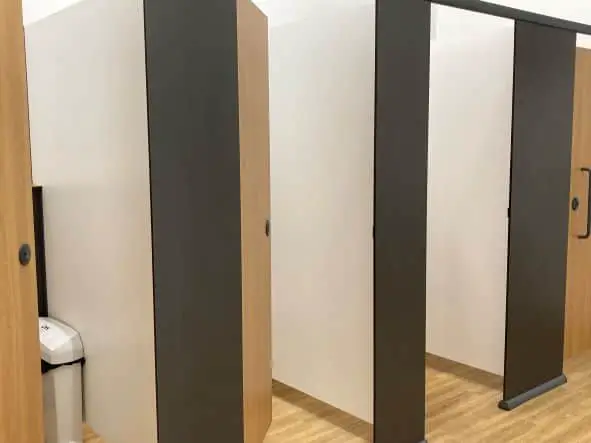
Feeling embarrassed is a primary put off. Nobody wants to be in a public toilet and need to poo. So we try to hold it in and put it off for another time. Leading to hardening of the stool and constipation.
To avoid this, either go early in the morning or late evening when fewer people are around. You may find someone walking in, but it is better than a whole toilet block. Or take your own toilet and cubical. This does cost, and you will need to dispose of the waste.
I fear that people are listening or will make a comment, especially if it is a bit smelly. I should have the attitude of not caring, but I find it difficult to get out of this mindset.
Key takeaways
- Reduce high fat foods
- Increase high fibre wholemeal foods
- Check grams per serving
- Drink lots of water
- Have fun but think about the food combination
- Prunes are very good for constipation
